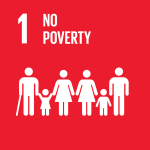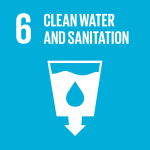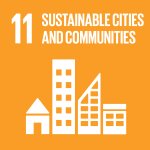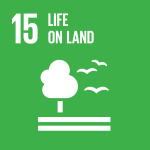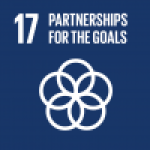
In South Sudan, worsening floods, droughts and heatwaves are deepening vulnerabilities and threatening development gains. The country swings between extremes: in March, the country experienced one of its worst ever heatwaves and is currently grappling with floods. These climate-related challenges are compounded by ongoing political instability, including civil war and internal displacement, and combined, these factors have put millions of people in need of humanitarian aid, including more than a million children. The current economic crisis is expected to worsen the situation, with rural smallholder farmers particularly vulnerable.
In response, the Government of South Sudan is undertaking an ambitious five-year project ‘Strengthening the Capacity of the Government and Communities to Adapt to Climate Change’ to bolster long-term resilience. Funded by the Global Environment Facility-managed Least Developed Countries Fund (GEF-LDCF) through UN Environment, the initiative (launched in 2023) aims to enhance the government’s capacity to implement adaptation strategies, improve agricultural practices and ensure sustainable access to water. Recognising the vital role of healthy ecosystems, it represents the largest ever ecosystem-based adaptation project in South Sudan.
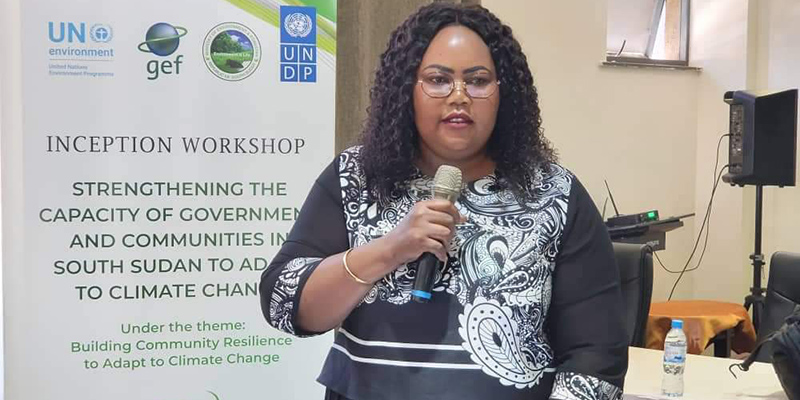
Minister of Environment and Forestry, Hon. Josephine Napon speaks at the project's inception workshop in April 2023. Implemented by the Ministry of Environment and Forestry, with technical support from UNDP, the project involves multiple government institutions – including the Ministry of Agriculture and Food Security; Ministry of Water Resources and Irrigation; Ministry of Gender, Child and Social Welfare; Ministry of Humanitarian Affairs and Disaster Management; South Sudan Meteorological Services and University of Juba – as well as communities themselves.
The project focuses on three key components:
(1) Establishing a multi-hazard early warning system (the country’s first), including the installation of 10 Automated Weather Stations, new prediction and modelling software, and an advanced meteorological workstation in Juba managed by South Sudan Meteorological Services;
(2) Adopting a practical ecosystem-based adaptation approach for people in flood-affected areas, including the restoration of 16,000 hectares of land and the promotion of climate-smart agriculture; and
(3) Setting up a Climate Change Centre at the University of Juba, including developing a cutting-edge, research-driven curriculum (students who join the department will compete for research grants fostering a new generation of environmental pioneers).
Beyond tackling immediate climate challenges, the goal is to build institutional capacity while equipping communities with the knowledge and skills to enhance their long-term resilience.
Pilot interventions, including working with communities to construct water harvesting infrastructure and adopt appropriate technologies in farming, are already underway in the drought-prone region of Kapoeta and flood-impacted Terekeka. The construction of boreholes will reduce the distances travelled by the women to fetch water, while earth dams will make water available for livestock.
Recently at the fourth meeting of the Project Steering Committee, stakeholders reviewed progress to date, the budget and strategic activities of 2024-2025, and other modifications on the plan and activities beyond 2024. In 2025, the project will focus on establishing and operationalizing the national Early Warning system with in-country modelling and focusing to avail climate services to different stakeholders.
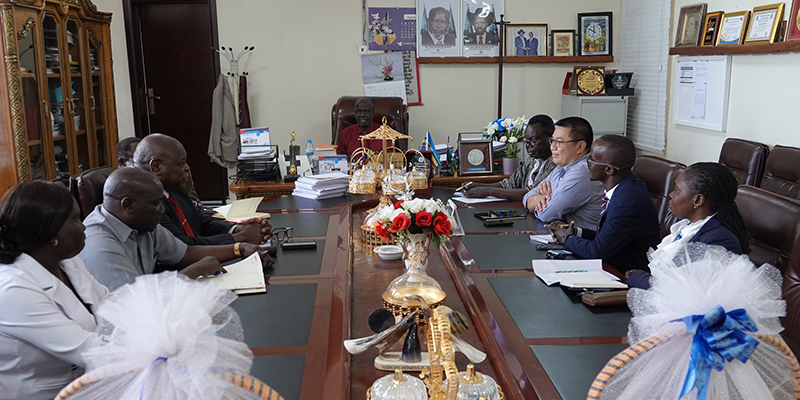
Meeting between UNDP and the University of Juba's Vice Chancellor and other university officials.
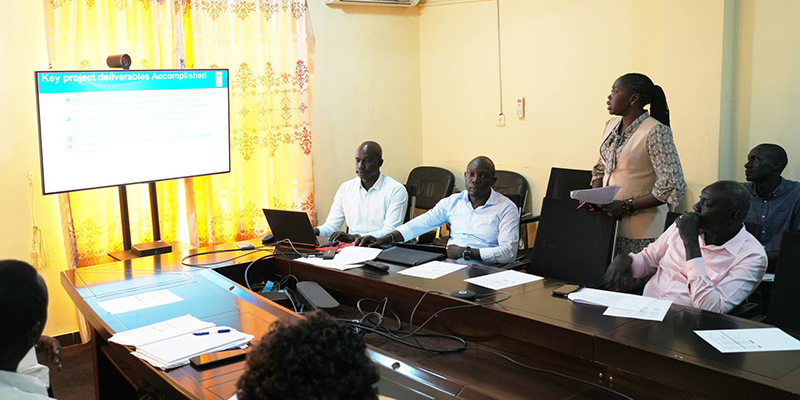
Ms. Beatrice Kaluma of UNDP and other stakeholders at the 4th Project Steering Committee at the Ministry of Environment offices in Juba.
UNDP is also providing technical support to the Government of South Sudan on a GEF-LDCF-funded project focused on watershed approaches for climate resilience in agro-pastoral landscapes. Launched in May with implementing partner World Vision, this initiative aims to tackle the pressing issues of food insecurity and environmental degradation in South Sudan.
Project update by Maureen Anduro Omwanda, UNDP in South Sudan. For more information, please contact:
Kaluma Beatrice Zira, Project Manager, UNDP South Sudan
Email: kaluma.zira@undp.org | Mobile: +211 923 232 351
Akuei Abuol, Technical Officer - Climate Change, UNDP South Sudan
Email: akuei.aboul@undp.org| Mobile: +211 921 112 001
Maureen Omwanda, Communications Analyst, UNDP South Sudan
Email: maureen.omwanda@undp.org | Mobile: +211920149980

